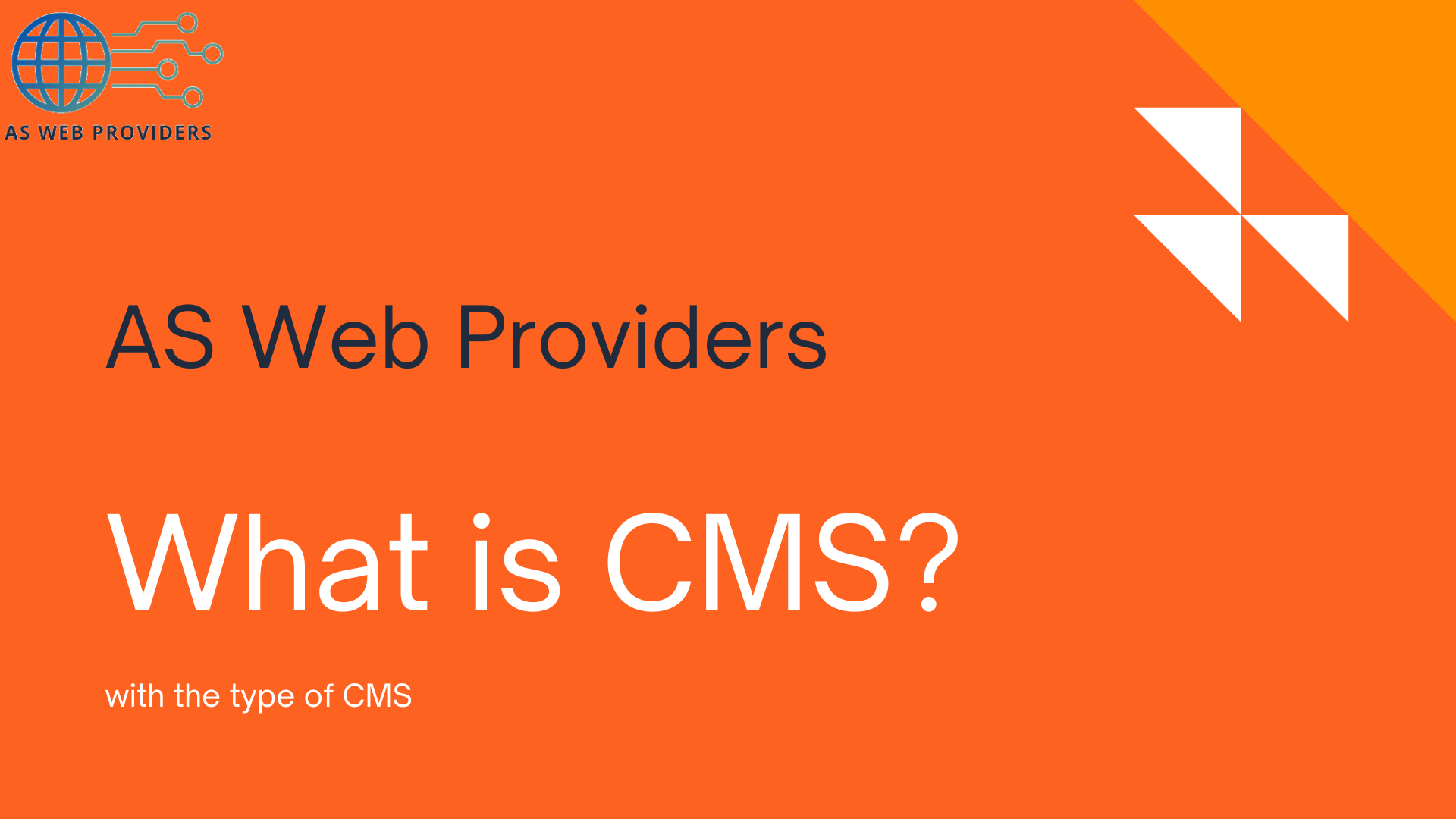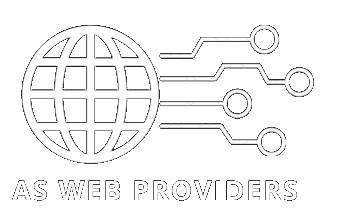
What is Content management system?
With the type of CMS..
Content Creation: CMS platforms offer users intuitive interfaces for creating and formatting content, including text, images, videos, and documents. Content creation typically involves using a WYSIWYG (What You See Is What You Get) editor, similar to word processing software, allowing users to format text, add multimedia elements, and create hyperlinks.
Content Management: CMS platforms organize content into structured formats like pages, posts, categories, and tags, facilitating easy management and navigation. Users can create, edit, and delete content as needed, with the CMS automatically handling the organization and structure of the content.
User Management: CMS platforms often feature user management capabilities that enable administrators to control system access and assign varying levels of permissions to users. This ensures that only authorized users can create, edit, or publish content, contributing to system security.
Templates and Themes: CMS platforms typically provide various templates and themes for users to customize their website’s design and layout. These templates and themes govern the site’s appearance, including elements such as fonts, colors, navigation menus, and page layouts.
Plugins and Extensions: Many CMS platforms support plugins, extensions, or modules that extend the core system’s functionality. Users can install plugins to add features like e-commerce capabilities, social media integration, and search engine optimization (SEO) tools without requiring custom code.
SEO and Metadata: CMS platforms often include built-in features to optimize content for search engines, allowing users to add meta titles, descriptions, and keywords to pages and posts. This enhances the site’s visibility in search engine results, attracting more visitors.
Publishing and Revision Control: CMS platforms provide tools for scheduling content publication and managing revisions. Users can schedule content for specific times, and the system automatically archives previous content versions, simplifying the process of reverting to earlier revisions if necessary.
In summary, CMS platforms streamline the creation and management of digital content, catering to users with diverse technical expertise. They find extensive use in developing websites, blogs, e-commerce stores, intranets, and other digital properties.
A Content Management System (CMS) is an application or a set of programs designed for creating and managing digital content. Below, we provide a brief overview of some well-known CMS platforms:
WordPress:
Widely recognized as the most popular CMS, WordPress is an open-source platform valued for its user-friendly interface, adaptability, and extensive range of themes and plugins. Initially developed for blogging, WordPress has evolved into a versatile CMS that supports various websites, from blogs to e-commerce stores and corporate websites.
Joomla:
Another open-source CMS, Joomla strikes a balance between flexibility and user-friendliness. Highly customizable, it is suitable for constructing diverse websites, including corporate portals, online magazines, and e-commerce sites. Joomla benefits from a robust community of developers and users contributing to its ongoing improvement and support.
Drupal:
Known for its scalability and security features, Drupal is a powerful and flexible open-source CMS. Ideal for complex websites and web applications, such as large corporate websites, government portals, and online communities, Drupal provides extensive customization options and a modular architecture for highly tailored solutions.
Magento:
A well-known open-source e-commerce platform, Magento is designed specifically for building online stores. With features for managing products, orders, and payments, Magento is highly customizable and scalable, catering to businesses of all sizes. In addition to the open-source version, Magento offers a paid enterprise edition with added features and support.
Shopify:
As a hosted e-commerce platform, Shopify provides a comprehensive solution for starting and operating an online store. Recognized for its simplicity and user-friendliness, Shopify is popular among small and medium-sized businesses. It offers customizable templates and features for managing products, payments, shipping, and more, along with built-in hosting and security features, eliminating the need for separate hosting.
These are just a few examples of popular CMS platforms, and there are many others available, each with its own strengths and weaknesses. The choice of CMS depends on factors such as the type and complexity of the website you want to build, your technical expertise, and your budget.
